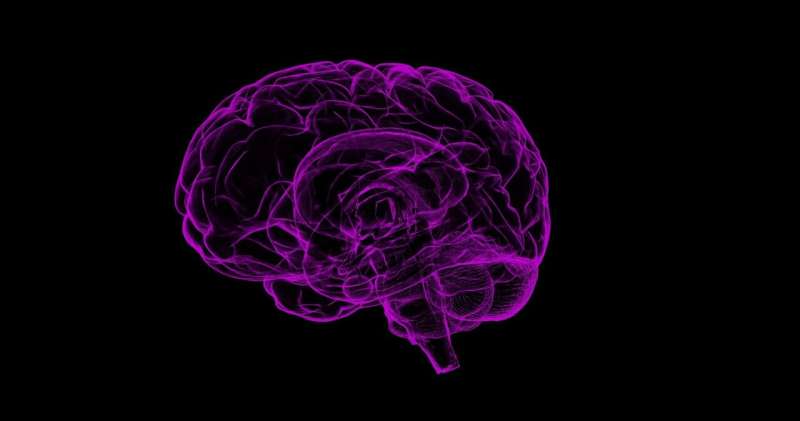Press (re)play to remember: How the brain strengthens memories during sleep

While we sleep, the brain produces particular activation patterns. When two of these patterns—slow oscillations and sleep spindles—gear into each other, previous experiences are reactivated. The stronger the reactivation, the clearer will be our recall of past events, a new study reveals.
Scientists have long known that slow oscillations (SOs) and sleep spindles—sudden half-second to two-second bursts of oscillatory brain activity—play an important role in the formation and retention of new memories.
But experts in the UK and Germany have discovered that the precise combination of SOs and sleep spindles is vital for opening windows during which memories are reactivated; helping to form and cement memories in the human brain.
Researchers at the University of Birmingham and Ludwig-Maximilians-University Munich today published their findings in Nature Communications.
Co-author Dr. Bernhard Staresina, from the University of Birmingham's School of Psychology, commented: "Our main means of strengthening memories while we sleep is the reactivation of previously learnt information, which allows us to solidify memories in neocortical long-term stores.
"We have discovered an intricate interplay of brain activity—slow oscillations and sleep spindles—which create windows of opportunity enabling this reactivation."
Co-author Dr. Thomas Schreiner, from Ludwig-Maximilians-University, Munich, commented: "Memory reactivation is specifically bound to the presence of SO-spindle complexes. These results shed new light on the memory function of sleep in humans and emphasise the importance of orchestrated sleep rhythms in strengthening our powers of recall and orchestrating the creation of memories."
Before this study, evidence of the brain's capacity to reactivate memories during sleep was scarce, but the team devised novel tests where participants were shown information before taking a nap and closely monitored brain activity during non-rapid eye movement (NREM) sleep using EEG recording. Those taking part were then tested on their memory recall after waking up, allowing the researchers to link the extent of memory reactivation during sleep to memory performance.
The results revealed reactivation of learning material during SO-spindle complexes, with the precision of SO-spindle coupling predicting how strongly the memory would be reactivated by the brain. This in turn predicted the level of memory consolidation across participants and the subsequent clarity of recall.
More information: "Endogenous memory reactivation during sleep 1 in humans is clocked by slow oscillation-spindle complexes" Thomas Schreiner, Marit Petzka, Tobias Staudigl and Bernhard P. Staresina, Nature Communications, 2021.

















